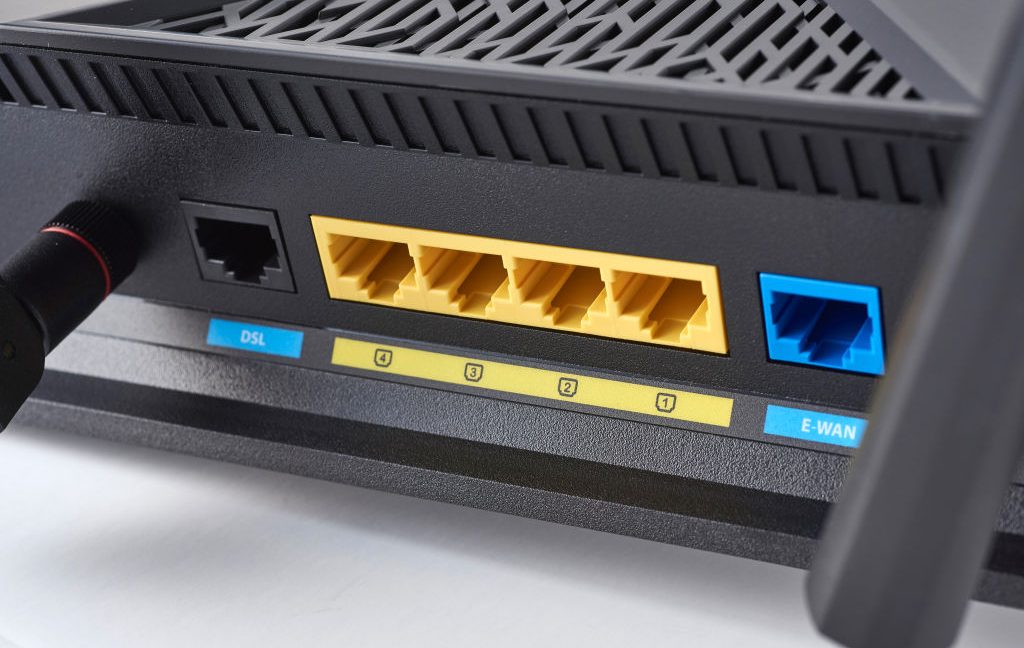GreyNoise said it detected the campaign in mid-March and held off reporting on it until after the company notified unnamed government agencies. That detail further suggests that the threat actor may have some connection to a nation-state.
The company researchers went on to say that the activity they observed was part of a larger campaign reported last week by fellow security company Sekoia. Researchers at Sekoia said that Internet scanning by network intelligence firm Censys suggested as many as 9,500 Asus routers may have been compromised ViciousTrap, the name used to track the unknown threat actor.
The attackers are backdooring the devices by exploiting multiple vulnerabilities. One is CVE-2023-39780, a command injection flaw that allows for the execution of system commands, which Asus patched in a recent firmware update, GreyNoise said. The remaining vulnerabilities have also been patched, but have not received CVE tracking designations for unknown reasons.
The only way for router users to determine whether their devices are infected is by checking the SSH settings in the configuration panel. Infected routers will show that the device can be logged into by SSH over port 53282 using a digital certificate with a truncated key of
ssh-rsa AAAAB3NzaC1yc2EAAAABIwAAAQEAo41nBoVFfj4HlVMGV+YPsxMDrMlbdDZ...
To remove the backdoor, infected users should remove the key and the port setting.
People can also determine if they’ve been targeted if system logs indicate that they have been accessed through the IP addresses 101.99.91[.]151, 101.99.94[.]173, 79.141.163[.]179, or 111.90.146[.]237. Users of any router brand should always ensure their devices receive security updates in a timely manner.


